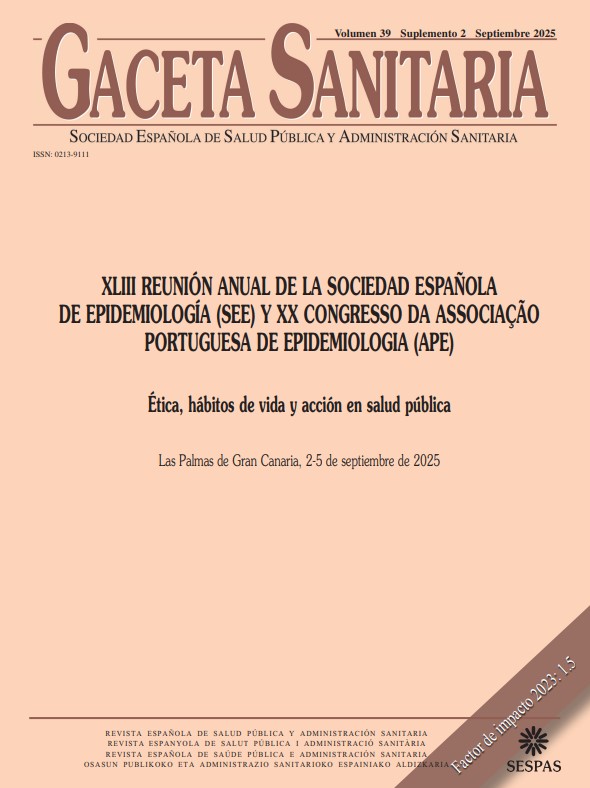259 - EFFECTIVENESS OF PEER-LED INTERVENTION FOR MAJOR DEPRESSIVE DISORDER
Universitat de les Illes Balears; Grupo de Investigación Global Health (UIB); Instituto de Investigación Sanitaria de las Islas Baleares (Idisba); Instituto Universitario de Investigación en Ciencias de la Salud-TRAMAP (UIB).
Background/Objectives: Major Depressive Disorder (MDD) is one of the most disabling mental health conditions worldwide. Adjunctive interventions, such as lifestyle modifications and peer support programs, have shown promising results but further research is needed due to methodological limitations and variability across studies. This study aims to evaluate the effectiveness of a peer-led intervention in reducing depressive symptoms in individuals with MDD.
Methods: A randomized, parallel, controlled trial was conducted in primary care mental health units in Mallorca, Spain. Participants aged 18 years or older with MDD were randomly assigned to either a peer-led intervention group or an active control group (a mobile app), both designed as adjunctive treatments for MDD. Data collection was conducted at baseline and at the 6-week of follow-up. The primary clinical outcome was depressive symptoms, assessed using the Beck Depression Inventory (BDI-II). General linear model for continuous measures was used to evaluate the effectiveness of the intervention.
Results: A total of 64 participants were randomized (32 per group), with 83.9% identifying as women. The mean age was 54.02 ± 11.98 years. Regarding occupational status, 62.3% were blue-collar workers, and only 24.2% were actively employed at baseline. After the intervention, the peer-led group showed a significantly greater reduction in BDI-II scores compared to the control group (10.34 vs. 4.5; p < 0.002).
Conclusions/Recommendations: A peer-led intervention was effective in the reduction of depressive symptoms compared with an App for MDD. Implementing standardized peer-led programs in primary care could be a useful strategy to improve MDD management. Moreover, these interventions may contribute to reducing healthcare costs by promoting patient autonomy.
Funding: Colegio Oficial de Enfermeras de las Islas Baleares (2023-02725).















